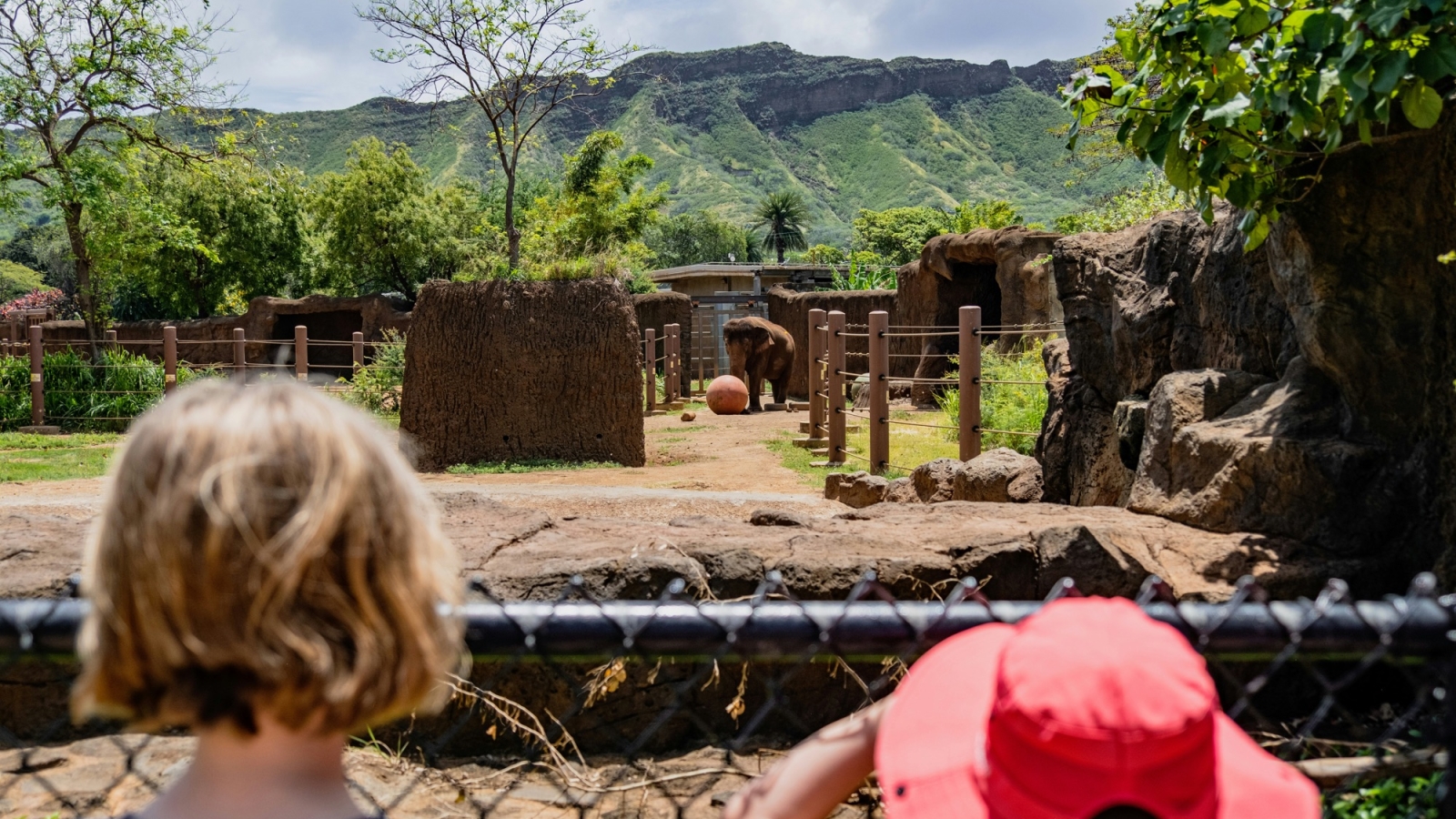Field trips have long been a staple of educational experiences, offering students a break from the classroom and a chance to engage with the world in new and exciting ways. Among the myriad types of field trips, those focused on wildlife offer particularly rich opportunities for learning. These excursions help children develop a deeper understanding of the natural world, fostering both knowledge and a sense of responsibility toward conservation.
Immersive Learning Experiences
One of the most compelling aspects of wildlife field trips is their immersive nature. Unlike textbook learning, these trips provide a hands-on experience. Students can observe animals in their natural habitats, see ecosystems in action, and witness the intricate relationships between different species. This kind of experiential learning can make abstract concepts more tangible and memorable.
For example, a trip to a local wildlife reserve allows students to see firsthand how various species interact within their ecosystem. Observing these interactions helps students grasp concepts like food chains, predator-prey relationships, and the importance of biodiversity. These real-world observations reinforce classroom lessons and deepen students’ understanding of ecological principles.
Encouraging Observation and Inquiry
Field trips also promote observational skills and critical thinking. When students are in the field, they are encouraged to ask questions, make predictions, and investigate their surroundings. This inquiry-based approach helps students develop a scientific mindset, encouraging curiosity and a desire to explore.
For instance, during a visit to a bird sanctuary, students might be tasked with identifying different species of birds and noting their behaviors. This activity not only sharpens their observational skills but also teaches them about bird migration patterns, nesting habits, and the role of birds in their ecosystems.
Fostering Environmental Stewardship
Exposure to wildlife often instills a sense of wonder and appreciation for the natural world. When students see animals up close and understand their roles in the ecosystem, they are more likely to develop a sense of responsibility for protecting these creatures and their habitats.
Field trips can include components that address conservation issues, such as discussions on endangered species or habitat destruction. By learning about the challenges faced by wildlife, students can better understand the importance of conservation efforts and how they can contribute to protecting the environment.
Enhancing Social and Emotional Learning
Wildlife field trips also offer social and emotional benefits. Being in nature and participating in group activities can enhance teamwork, communication, and problem-solving skills. Additionally, the sense of awe and wonder that comes from encountering wildlife can have positive effects on students’ emotional well-being, reducing stress and fostering a connection to the natural world.
Bridging Classroom and Real-World Learning
Ultimately, wildlife field trips serve as a bridge between classroom learning and real-world experiences. They allow students to apply theoretical knowledge in practical settings, making learning more relevant and engaging. By connecting classroom lessons with real-world observations, these trips help students see the value of their education and understand how it applies to the world around them.
In conclusion, school field trips focused on wildlife offer invaluable learning experiences that go beyond the confines of traditional classroom instruction. They foster a deeper understanding of ecological principles, promote critical thinking and inquiry, instill a sense of environmental stewardship, and enhance social and emotional development. As educators and parents, supporting and encouraging these kinds of educational excursions can play a crucial role in nurturing the next generation of environmental stewards and informed global citizens.

